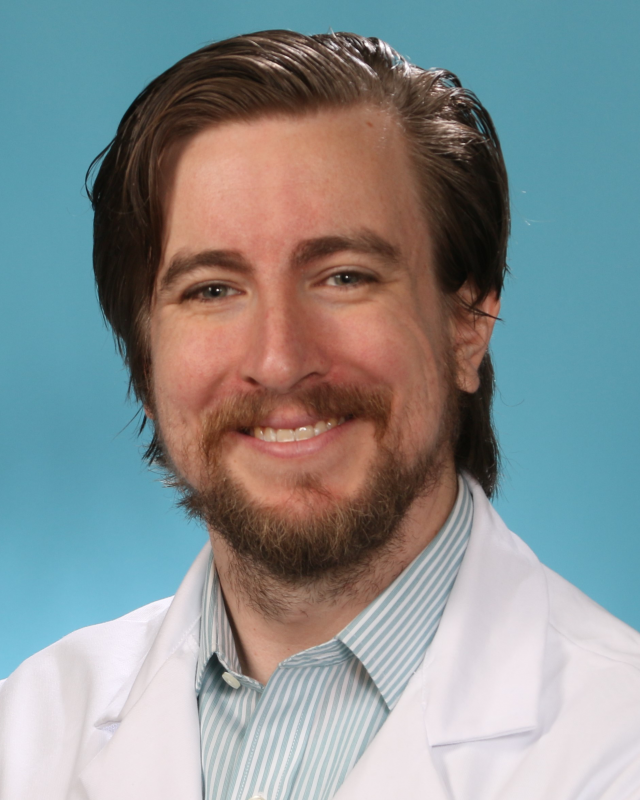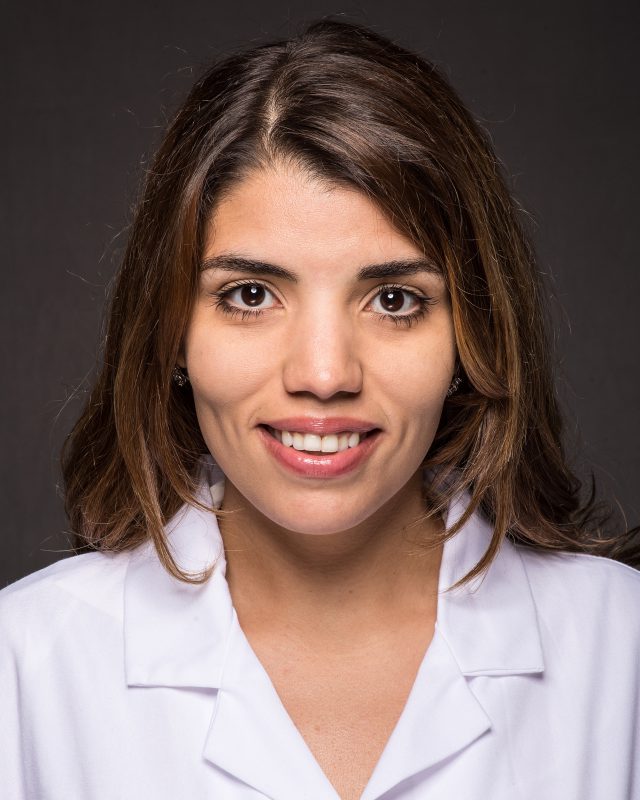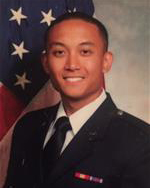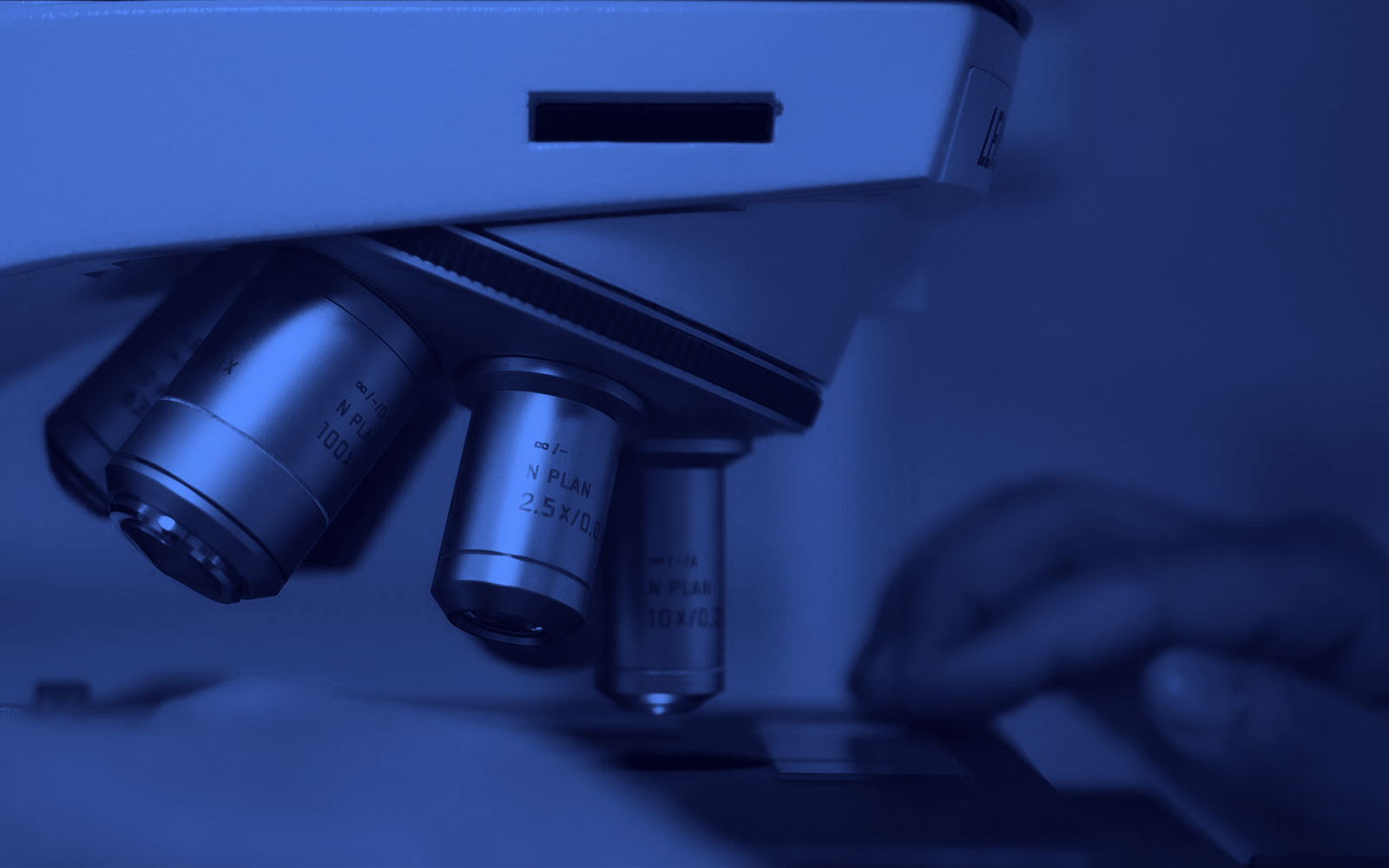
SAEMF / MTF Toxicology Research Grant
Quick Info
Amount:
Up to $20,000
Number of Grants Available:
One
Funding Duration:
1 year
Accepting Applications:
May 1 - August 15, 2025
Funding Period:
July 1, 2025 - June 30, 2026
Application
Please click here for detailed application instructions and application form.
The Medical Toxicology Foundation (MTF) endeavors to support Medical Toxicology research. The SAEMF/MTF Research Award is jointly sponsored by the Medical Toxicology Foundation and the Society for Academic Emergency Medicine Foundation.
Purpose of the Award
The mission of the grant is to provide support for research proposals that advance the science of medical toxicology in emergency medicine. The goals are to foster collaboration between members of ACMT and SAEM and to advance the science of medical toxicology as it relates to all aspects of emergency medicine. Proposals that intend to collect data necessary to pursue larger projects (pilot projects) are of particular interest. The research proposals can address one or more of the following areas and topics:
- Medical toxicology practice
- Medical toxicology education (medical students, emergency medicine residents, medical toxicology residents, and emergency physicians)
- Acute or chronic toxicity from pharmaceuticals and chemicals
- Envenomations and natural toxins
- Opioid-use disorders and addiction medicine
- Chemical or radiological emergency preparedness
- Global medical toxicology
Eligibility
The applicant must:
- Be a member in good standing of ACMT or SAEM at application deadline and during the entire award period;
- Be a physician holding an applicable terminal clinical degree (e.g., MD, DO);
- Be an emergency medicine resident, a medical toxicology fellow, or a faculty member in good standing in an Accreditation Council on Graduate Medical Education (ACGME)-approved emergency medicine residency program are also eligible for the award;
- Not have received the MTF-SAEMF Toxicology Research Grant previously.
Contact
Please contact grants@saem.org with any questions.
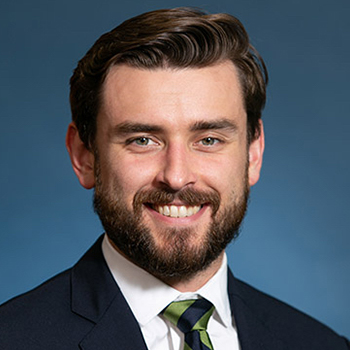
Simon J. Ostrowski, MD
University of Pittsburgh
Project: "Feasibility of Assessing Alcohol Withdrawal Syndrome with a Wearable Biosensor"
Alcohol use disorder is a highly prevalent medical condition requiring a large number of hospital admissions and health care dollars spent. Current standard of care for alcohol dependence and acute alcohol withdrawal often entails admission for frequent nursing reassessment. By demonstrating that a wearable biosensor technology is capable of identifying and evaluating the physiologic state of acute alcohol withdrawal, this project has the potential to transform the standard of care for treatment. This pilot study is meant to both assess feasibility and acceptability, while also generating pilot data that can be used to inform larger investigations of this novel technology.
Dr. Ostrowski is a first-year medical toxicology fellow at the University of Pittsburgh Medical Center (UPMC). He completed his emergency medicine residency at UPMC and medical school at University of Massachusetts Medical School. During medical school, he had the opportunity to work in Dr. Stephanie Carreiro’s lab using wearable biosensors in patients receiving opioid therapy and with opioid dependence, which ultimately served as inspiration for him to consider their use in other substance use disorders, namely alcohol withdrawal syndrome. Outside of medicine, Dr. Ostrowski enjoys spending time with his incredible wife, Estelle, his daughter, Edith, and his dog, Millie.


